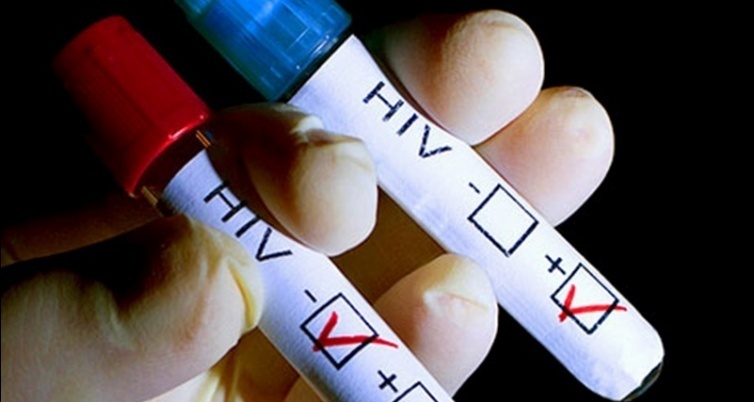Подпишитесь на наши новости:
News
другие News
European Union supports more active role of women and youth in decision-making in Kazakhstan
Qolda emergency assistance project
Qolda emergency assistance project
July 16, 2018
Analysis of barriers to the implementation of rapid testing on the basis of NGOs in the Republic of Kazakhstan
Currently, Kazakhstan lacks a legal framework for the implementation of rapid HIV testing on the basis of NGOs. No detailed analysis of the policies and legislative barriers to implementation of services for HIV testing on the basis of NGOs.
The implementation of testing by NGOs is part of the strategic plans of both national and international organizations. All of them recognize the effectiveness of the organization of this service. The Joint United Nations Programme on HIV/AIDS (UNAIDS) has included in its strategy until 2020, the indicators of the 90-90-90 target. The goals of UNAIDS 90-90-90 are to achieve the following indicators - 90 % of people living with HIV know their status, 90% of those tested for HIV and who have received a positive diagnosis are taking antiretroviral therapy, 90% of those taking antiretroviral therapy have an undetectable viral load, that is, treatment is effective. UNAIDS recommends using a variety of strategies (such as community testing campaigns, worker-initiated testing, counseling, and self-testing) to ensure that 90% of people living with HIV know their HIV status. Much more serious attention should be paid to the provision of services in public organizations that can provide low threshold services.
In Kazakhstan, NGOs are actively working in many regions, implementing projects to assist and support key groups. HIV testing is a key factor in the effectiveness of these projects. Therefore, the availability of this service on the basis of these organizations will not only help to increase the coverage of HIV test, but also improve the quality of the projects implemented.
<<<Read More>>>







